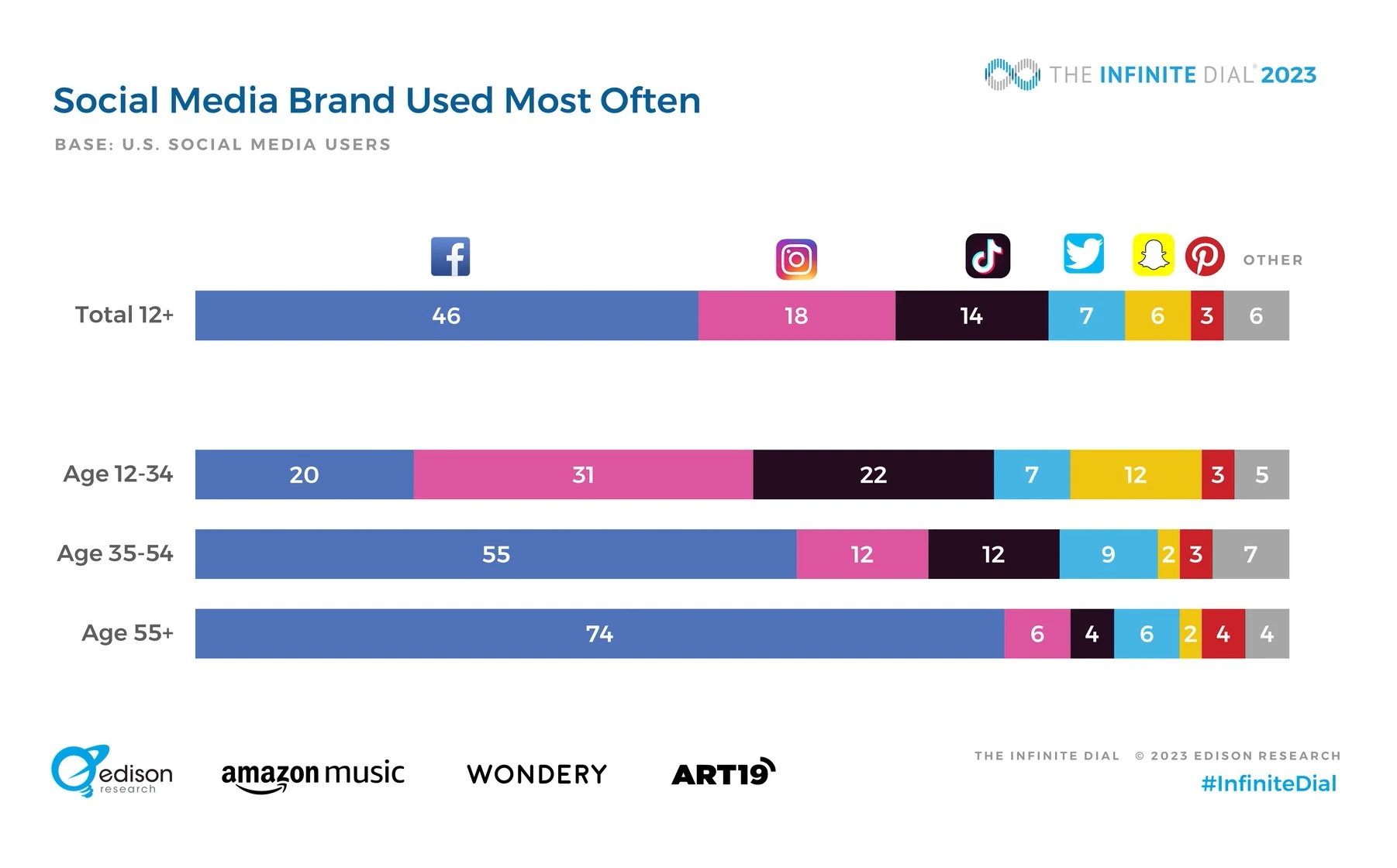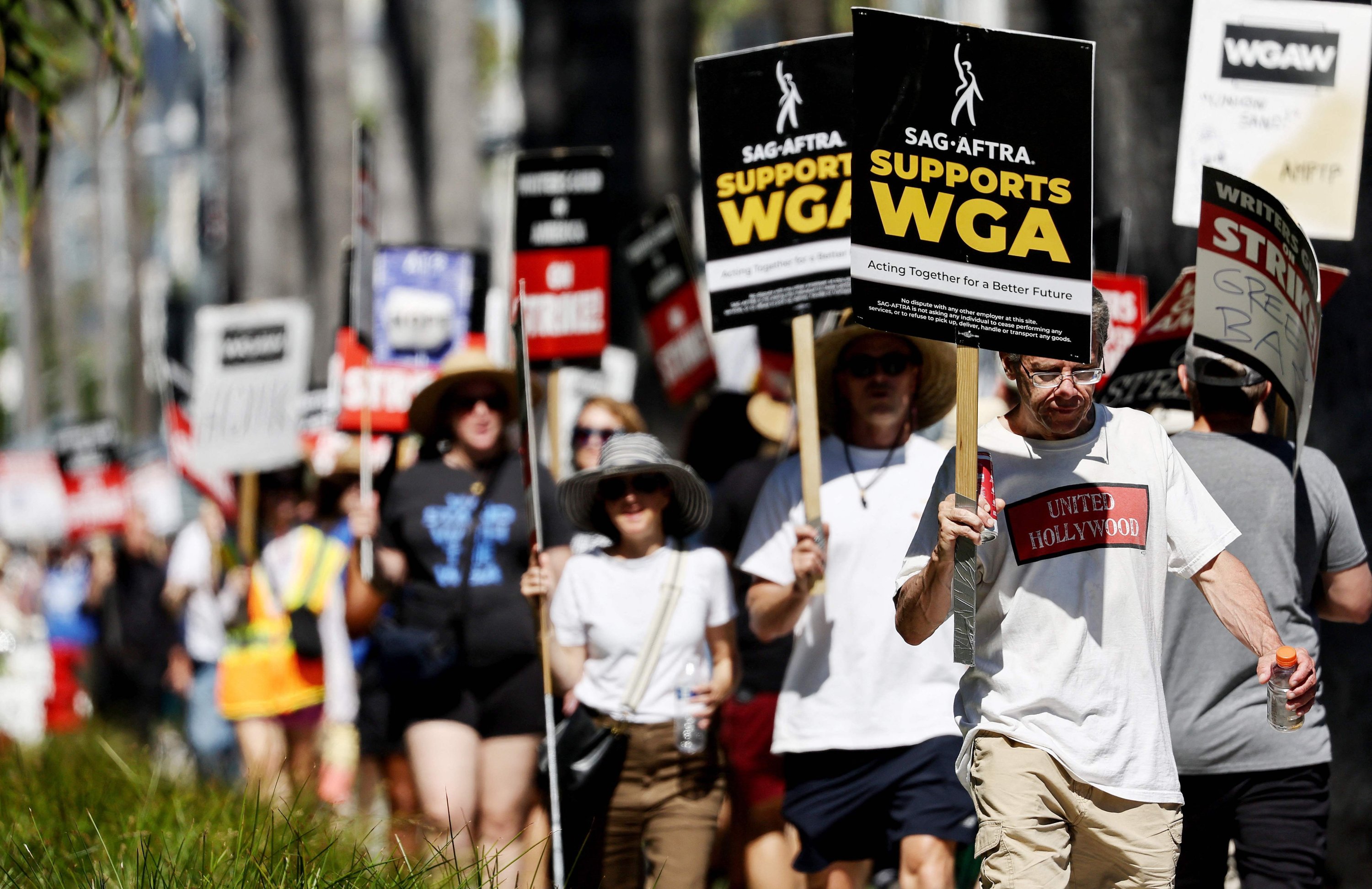Australian Election 2024: Comparing Albanese And Dutton's Platforms

Table of Contents
Economic Policies: Navigating Australia's Economic Future
The Australian economy is a central focus for both major parties, but their approaches to managing it differ significantly. Understanding these differences is crucial for voters concerned about jobs, cost of living, and future economic prosperity.
Labor's Economic Plan
Labor's economic plan centers around responsible economic management, prioritizing investment in infrastructure and support for small businesses to drive sustainable growth. Their strategy aims to create a fairer and more equitable economy.
- Increased investment in renewable energy and job creation in the green sector: Labor plans substantial investment in renewable energy infrastructure, aiming to create thousands of jobs in the burgeoning green economy, contributing to a robust and sustainable Australian economy. This includes incentives for businesses transitioning to renewable energy sources.
- Targeted tax relief for low- and middle-income earners: Labor proposes targeted tax relief to ease the cost of living pressures on Australians most in need, bolstering household budgets and stimulating consumer spending.
- Strengthening of Medicare and the National Disability Insurance Scheme (NDIS): Investment in these crucial social programs is central to Labor's economic plan, ensuring a healthy and productive workforce and supporting vulnerable Australians. This investment is expected to stimulate related industries and generate employment.
Coalition's Economic Approach
The Coalition prioritizes tax cuts, deregulation, and fiscal conservatism to stimulate business investment and foster economic growth. Their strategy emphasizes a leaner government and a stronger private sector.
- Lowering company tax rates to stimulate business investment: The Coalition aims to incentivize investment and job creation by lowering company tax rates, believing this will boost overall economic activity.
- Reducing the burden of red tape on businesses: Reducing regulation is a key component of their plan, aiming to streamline business operations and encourage entrepreneurship. They believe this will increase competitiveness and efficiency in the Australian economy.
- Focus on controlling government spending and reducing the national debt: Fiscal responsibility is paramount in the Coalition’s economic policy. They aim to reduce government debt through controlled spending and efficient resource allocation.
Climate Change and Environmental Policies: A Divided Approach
Climate change is a significant point of difference between the two major parties, shaping their environmental policies and impacting long-term economic planning.
Labor's Climate Action Plan
Labor has adopted an ambitious climate action plan with significant targets for emissions reduction and investment in renewable energy sources. Their approach reflects a commitment to tackling climate change aggressively.
- Commitment to net-zero emissions by 2050: This ambitious goal underpins their entire climate policy, driving investment in renewable energy and pushing for decarbonization across various sectors.
- Significant investment in renewable energy infrastructure: Labor intends to make substantial investments to build and upgrade renewable energy infrastructure across Australia, driving innovation and job creation.
- Policies to support a just transition for workers in fossil fuel industries: Acknowledging the impact of the transition to a low-carbon economy, Labor proposes policies to support workers and communities affected by the shift away from fossil fuels.
Coalition's Climate Policy
The Coalition's climate policy is more moderate, emphasizing technological solutions and balancing environmental concerns with economic competitiveness.
- Focus on achieving emissions reductions through technological innovation: Rather than setting strict emissions reduction targets, the Coalition prioritizes technological solutions to reduce carbon emissions, while maintaining economic competitiveness.
- Emphasis on maintaining Australia's competitiveness in global markets: The Coalition stresses the importance of maintaining Australia's global competitiveness, arguing that aggressive climate policies could negatively impact its economy.
- Concerns about the economic impact of rapid decarbonization: The Coalition expresses concern about the potential economic costs of a rapid shift away from fossil fuels, advocating for a more gradual transition.
Healthcare and Social Services: Differing Priorities
Healthcare and social services represent another area where the platforms of the two major parties diverge, impacting access and affordability for Australians.
Labor's Healthcare Vision
Labor's healthcare vision centers on strengthening Medicare, improving access to healthcare services, and expanding the NDIS. They emphasize improved access and quality of care for all Australians.
- Increased funding for Medicare and public hospitals: Labor proposes increased funding to address the growing demands on the Medicare system and improve public hospital capacity.
- Improved access to mental health services: They pledge to increase access to mental health services, recognizing the growing mental health crisis in Australia.
- Expansion of the NDIS to meet growing demand: Labor commits to expanding the NDIS to ensure sufficient support for Australians with disabilities.
Coalition's Social Policy Agenda
The Coalition emphasizes efficiency and affordability within the existing healthcare and social services system. They focus on improving efficiency and containing costs.
- Emphasis on improving the efficiency of healthcare delivery: The Coalition prioritizes streamlining healthcare delivery to improve efficiency and reduce unnecessary spending.
- Efforts to contain the rising cost of healthcare: They aim to implement measures to control the rising cost of healthcare, ensuring the system remains sustainable in the long term.
- Addressing issues of access to healthcare in regional areas: The Coalition intends to tackle the challenges of healthcare access in regional and rural areas, aiming to improve services for those living outside major cities.
Conclusion
The Australian Election 2024 offers a stark contrast in policy approaches between Anthony Albanese and Peter Dutton. While both address key national issues, their proposed solutions often differ significantly, particularly in areas such as climate change and economic management. Understanding these differences is crucial for voters to make an informed choice. Carefully consider the policy platforms of both Labor and the Coalition to determine which best aligns with your priorities before casting your vote in the upcoming Australian Election 2024. Research the candidates and their detailed policy proposals to ensure you're fully informed before making your decision in the Australian Election 2024. Make your voice heard – participate in the Australian Election 2024!

Featured Posts
-
 Best Black Decker Steam Irons For Wrinkle Free Clothes
May 16, 2025
Best Black Decker Steam Irons For Wrinkle Free Clothes
May 16, 2025 -
 Foot Locker Fl Q4 2024 Earnings Examining The Impact Of The Lace Up Plan
May 16, 2025
Foot Locker Fl Q4 2024 Earnings Examining The Impact Of The Lace Up Plan
May 16, 2025 -
 Chandler Doubts Pimblett Can Handle His Ufc 314 Fight Pace
May 16, 2025
Chandler Doubts Pimblett Can Handle His Ufc 314 Fight Pace
May 16, 2025 -
 Padres Vs Yankees Prediction Will San Diego Win 7 Straight Games
May 16, 2025
Padres Vs Yankees Prediction Will San Diego Win 7 Straight Games
May 16, 2025 -
 Actors Join Writers Strike What This Means For Hollywood Productions
May 16, 2025
Actors Join Writers Strike What This Means For Hollywood Productions
May 16, 2025
